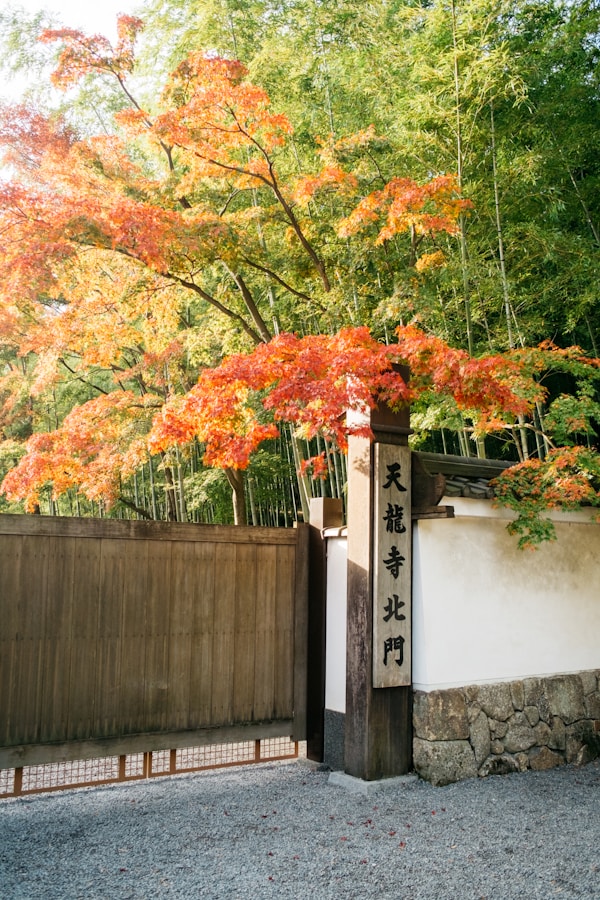.svg)
How to Heat a Japanese House Without Central Heating
.svg)
.svg)
.svg)

Leaving a Japanese home empty for too long can lead to damage, legal penalties, and lost value. Learn what happens—and how Old Houses Japan can help you take action.
.jpg)

In Japan, it's common to see homes sitting empty for months or even years—especially in rural towns and shrinking communities. But leaving a property vacant for too long comes with consequences. Whether you’ve inherited a family home, purchased an akiya, or simply own a second house you’re not using, understanding what happens when a Japanese property is left unattended is essential for protecting its value—and complying with the law.
Here’s what every property owner (or potential buyer) should know about the risks of leaving a Japanese home vacant long-term.
.jpg)
1. Deterioration Happens Fast in Japan’s Climate
Japan’s climate can be punishing on unattended homes. In just a few years of disuse, you may experience:
Many older homes were not built with modern insulation, ventilation, or waterproofing in mind. Without routine maintenance and ventilation, an akiya can deteriorate rapidly—even if it appears structurally sound from the outside.
2. You May Be Penalized by the City
In 2015, Japan introduced the Vacant Houses Countermeasures Act (空家等対策特別措置法) to crack down on unsafe and unsightly vacant homes. Under this law, local governments can:
If a home is declared a "Specially Designated Vacant House" (特定空家), the owner may lose their property tax discount and could be ordered to demolish or secure the building at their own expense.
3. You’ll Still Owe Property Taxes
Even if the home is unused, you’ll still owe fixed asset taxes (固定資産税) and possibly city planning taxes (都市計画税) each year. These taxes are assessed based on land value and building size, and they don’t go away just because the house is vacant.
If the building becomes a hazard or is flagged by the city, you could lose tax benefits and be subject to higher annual charges.
4. It Becomes Harder to Sell or Transfer Ownership
A house that’s been sitting empty for 5–10 years is harder to market—even at a low price. Potential buyers will worry about:
Worse, if heirs don’t want the property or can’t agree on what to do with it, the home may become legally entangled—stuck in limbo for generations.
5. Neighbors and the Community May Complain
In rural Japan, where communities are tightly knit, vacant homes can become eyesores or safety hazards. Overgrown vegetation, broken windows, and falling roof tiles can lead to:
Even if you’re far away, you’re still considered legally responsible for the property’s upkeep.
What You Can Do Instead
If you’re not ready to use the home full-time, you still have options:
Old Houses Japan can help with all of the above—from finding local support services to helping you connect with buyers or renters who want to preserve the home.
Final Thoughts
Leaving a home vacant in Japan isn’t just a missed opportunity—it can become a liability. From legal issues to structural decline, it’s important to make a plan before years of disuse take their toll.
If you’ve inherited or purchased a home and don’t know what to do with it, reach out to Old Houses Japan. We can help you protect your investment, comply with local laws, and explore your options before the value disappears.
Start your journey with Luxey today! Sign up for free and get instant access to the best property listings.



